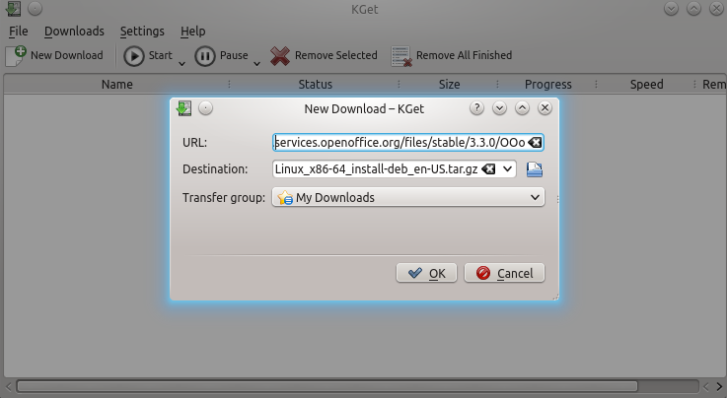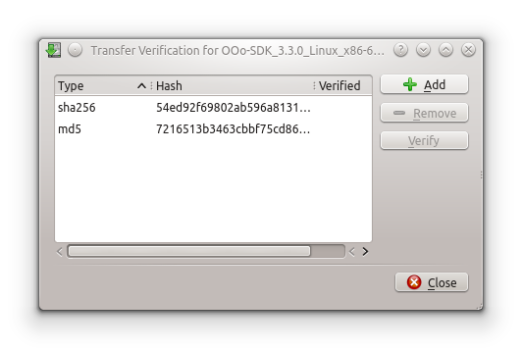Its been a while since I last posted about my experience as a Google Summer of Code student. Continuos travel of over 1800 kms by Indian railways and Nepalese airways can be really tiresome for someone who spends most of his time infront of a silicon screen.
Still, its been around a week since I arrived in Nepal, and I admit it has not been easy working here with the ten hour per day power cuts and frequent internet outages thanks to our government owned Electricity Board and semi state owned Nepal Telecom. Despite of this, my first task, which I admit should have been done long ago was to migrate the KDE svn hosted Kget repo to a more “branch friendly” version control system, namely Git.
As I’ve never really used svn to the fullest, except for a while coding for Apertium, it was quite obvious for me to opt for migration from svn to git. But deciding on migration was not the difficult part, the difficult part was figuring out How ?)
So, here I was, almost clueless, about how to migrate from svn to git. After going through a lot of tutorials on this topic, I did manage to import from svn to git, with all the commit history since the CVS era. But alas, as kget was to be compiled along with kdenetwork module, my 8 hours of continuous “migration” failed miserably.
Disappointment was obvious, as I laid there on the first day of my GSoC coding period without a “proper” repo.
However, after a series of discussion on the kde-devel IRC channel, and emails from my mentor, I was delighted that the task of migration can be done without the history, and was a trivial task of pushing the svn checkout to github.
Thus, with some effort, I had started, and commited my first line to git.
Here is my new github repo where development is underway: https://github.com/ardahal/metalink-kget-nohist
-ard





